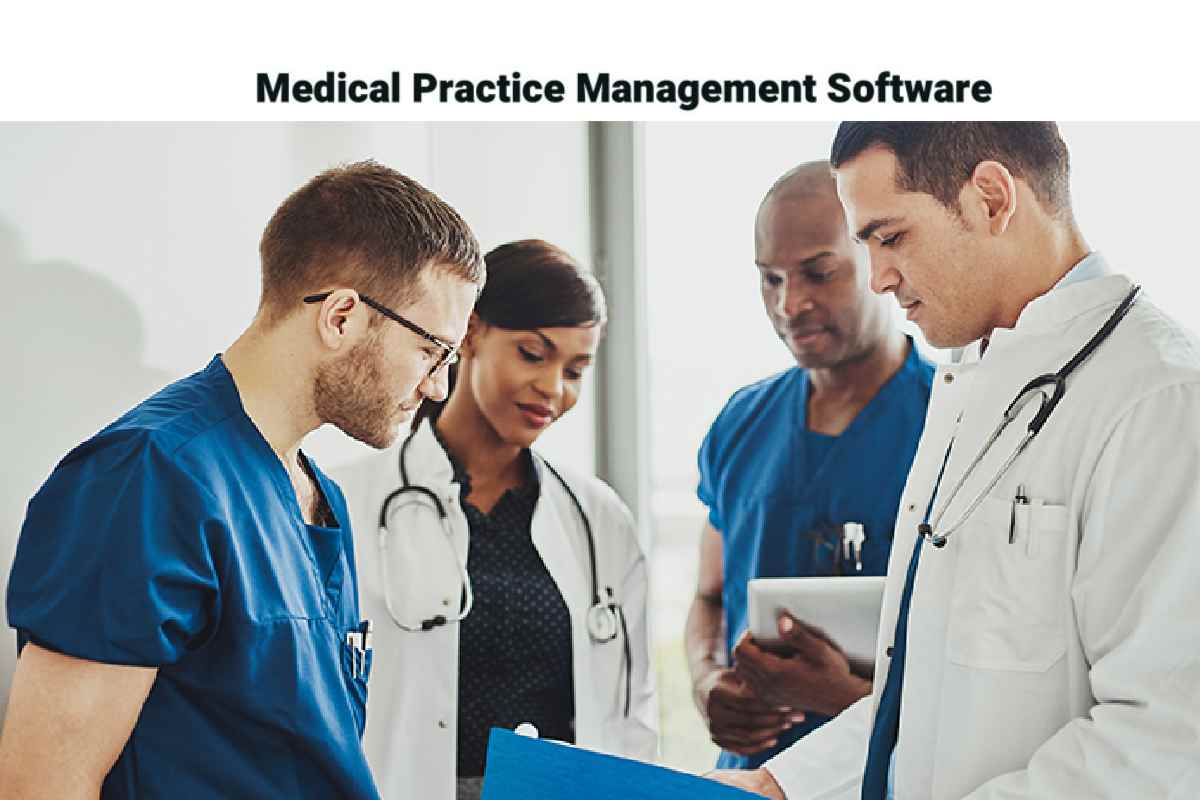Features of Medical Practice Software – If you own or manage a medical care facility of any kind, you most likely already understand the enormous amounts of paperwork and vast filing and record-keeping that go along with it. And this attention to detail is necessary, as you are dealing with not only the health and wellness of your patients but also their most sensitive, personal information.
But there is a much better way to handle these responsibilities in the modern world. With features of medical practice software that automates and digitalizes numerous aspects of office management, you can expect multiple benefits. Here are 5 examples of in-depth technical processes it assists with:
Table of Contents
Electronic Medical Records (EMR)
This software helps with electronic medical records by providing a digital system for storing, organizing, and accessing patient information. This can include things like medical history, test results, medication lists, and treatment plans.
The software can also be used to schedule appointments, bill patients, and communicate with other healthcare providers (as we will see momentarily).
Billing and Coding Services
Practice management software can help with billing and coding services by automating many of the tasks involved in these processes. This can include things like generating bills, submitting claims to insurance companies, tracking payments, and managing patient accounts.
It can also help ensure that the correct codes are used when submitting claims, which can improve the chances of reimbursement and reduce the risk of denied claims. Additionally, it can also assist with compliance with regulations, as well as reporting and providing analytics to improve the financial performance of the practice.
Appointment Scheduling and Reminder Systems
Medical practice software can help with appointment scheduling and reminder systems by providing a digital platform for scheduling and managing appointments. This can include features like online appointment booking, appointment reminders via email or text message, and appointment confirmations.
This helps patients easily schedule appointments, reducing no-shows, and staff can manage the schedule. It reducing double bookings and ensuring the availability of resources. The software can also configure to generate automatic reminders for patients. It reducing the need for staff to manually send reminders.
Advanced Reporting and Analytics Capabilities
Medical management technology can assist with advanced reporting and analytics by providing a range of tools for tracking and analyzing important data related to medical practice. This may include things like patient demographics, appointment scheduling, changes in condition/medication, and clinical outcomes.
Mobile Compatibility for Use on Tablets and Smartphones
Management software helps with mobile compatibility by allowing the software to access and used on tablets and smartphones. This can be done through the use of mobile apps or mobile-optimized web portals. This lets medical staff access and updates patient information, schedule appointments, and perform other tasks from anywhere, at any time.
What Could Practice Management Software Free Up Your Staff to Do?
Most clinics and practices that don’t have automated software end up wasting countless valuable employee hours by forcing them to give their attention to tedious tasks that must perform manually. The simple upgrade of switching to management software. It will allow your staff to focus on the care and treatment of your patients.

